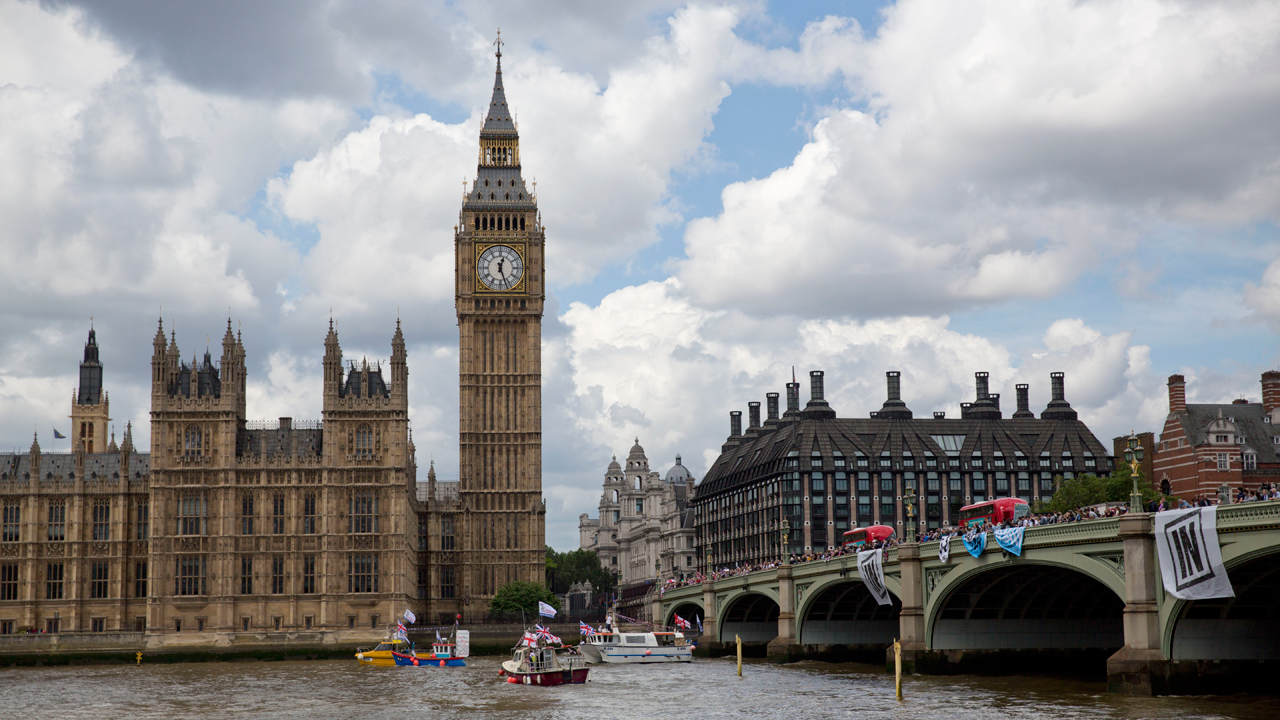Exclusive: U.S. Bank CEOs Jumped the Gun on Brexit Fallout
For months, executives running large U.S. banks have warned that a UK exit from the European Union would cause so much turmoil that they would have to slash staffing and move executives out of the country.
But now that the ‘leave’ vote, known as ‘Brexit’ or Britain exiting the EU has passed, these same bankers are conceding that such predictions were overblown and premature.
In fact, they tell the FOX Business Network that their firms plan to maintain a large presence in the UK that will probably allow London to maintain its status as one of Europe’s premier banking hubs at least for the immediate future.
Maybe the biggest Brexit about face among the top U.S. banks comes from the nation’s largest financial institution, J.P.Morgan (NYSE:JPM). Just weeks ago, the bank’s chief executive Jamie Dimon publicly warned that if the ‘remain’ forces lost the referendum– a move he feared could lead to a trade war and other dire consequences for the big banks—J.P.Morgan may slash as much as 25 percent of its UK staff of about 16,000.
But last Friday after the victorious ‘leave’ vote, Dimon said in a memo to employees “regardless of today’s outcome…will maintain a large presence in London” and elsewhere in the UK.
People with knowledge of the plans of the other big U.S. banks say they too are not planning to send employees out of the country despite earlier warnings that such moves would be likely in the event of the UK exiting the European Union.
“I don’t think any bank will just up and leave London,” said a senior banker at Morgan Stanley (NYSE:MS). “It was all a threat to try to drive the remain vote. UK is a big important economy and there’s lots of old money there. “
This banker said inside Morgan Stanley there’s been an “internal debate here about moving some traders” outside the country to either Dublin or Frankfurt, two European cities that have been discussed as relocation sites from London. But no decisions have been made and won’t be made until more information is known about the impact of Brexit on the UK financial sector and economy.
A Morgan Stanley spokesman said in a statement that the bank “has no plans in place to move staff out of the UK and will only consider adjustments to our operating model.”
Press officials for Goldman Sachs (NYSE:GS), Citigroup (NYSE:C) and even the big mutual fund Fidelity Investments, said they have no plans to leave London or move significant numbers of employees out of the country.
To be sure, much of the economic impact of the Brexit vote is unknown despite the initial skeptical reaction by the markets, which saw global stock prices tanking and the British currency losing value. The big worry among U.S. bankers was that Brexit would lead to regulatory confusion for the big banks who do business in the UK in that they would have comply not just with EU rules but new UK rules.
Bankers like Dimon also worried that a trade war might develop between the UK and EU, and most economists agree that a trade war would have serious economic consequences for Europe leading to a possible recession and volatility in the currency and stock markets. The flow of investment banking deals—the lifeblood of the big banks—would slow as well.
But over the past two days both the UK Pound and the markets have stabilized as world leaders, including German Chancellor Angela Merkel, and UK Prime Minister David Cameron have made statements that fears of a British-EU trade war are overblown, while British officials have said they plan to quickly deal with such regulatory concerns the banks have in Brexit’s aftermath.
Indeed any move on the part of the EU to isolate Britain as revenge for Brexit could backfire since the UK economy is one of the continent’s largest; Germany, for instance, sells more of its cars in the UK than anywhere else in the world.
In fact, UK officials who are part of the ‘leave’ campaign tell the FOX Business Network they will soon announce a series of economic reforms that will be designed to pump up the British economy. Details of the plan were unavailable.
Meanwhile, executives at the big banks say there are many structural issues that make London a place to keep thousands of jobs whether the UK is in or out of the EU. Dublin, one of the possible alternative banking hubs, doesn’t have the resources available to the big banks including the access to workers they have in London. And in Frankfurt, the other possible alternative, there is a language barrier making it more difficult for U.S. banks to operate efficiently.
Another reason U.S. banks want to stay in the UK: They believe it’s an easy place to launch an attack on the clients of big foreign banks like Deutsche Bank (NYSE:DB), which has been reeling recently as it tries to shore up its weak capital levels and improve profits.
“With so many of the European banks in various degrees of trouble right now, it's more important than ever that American banks be there to try to capture market share across all of Europe,” another banker told the FOX Business Network.




















